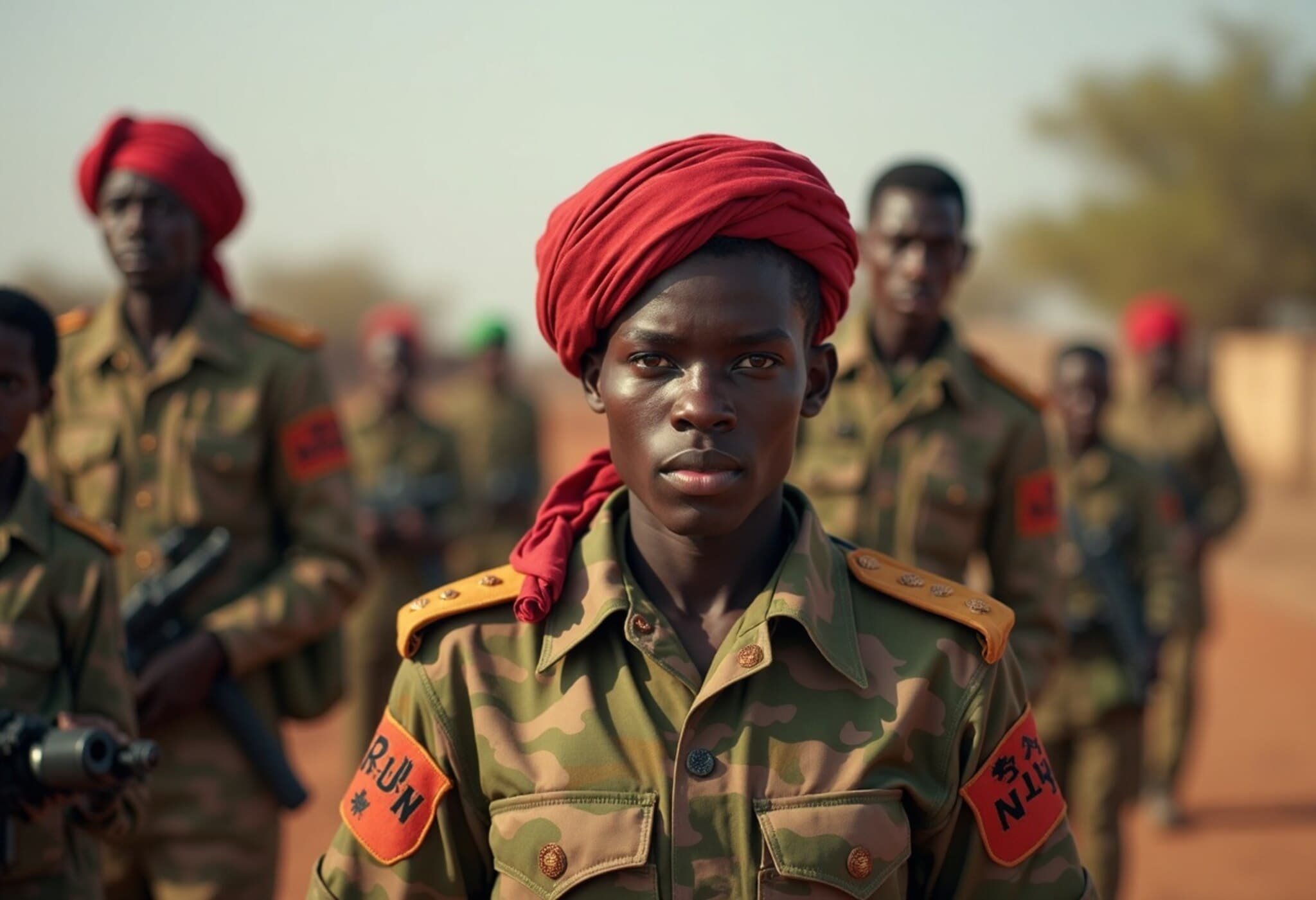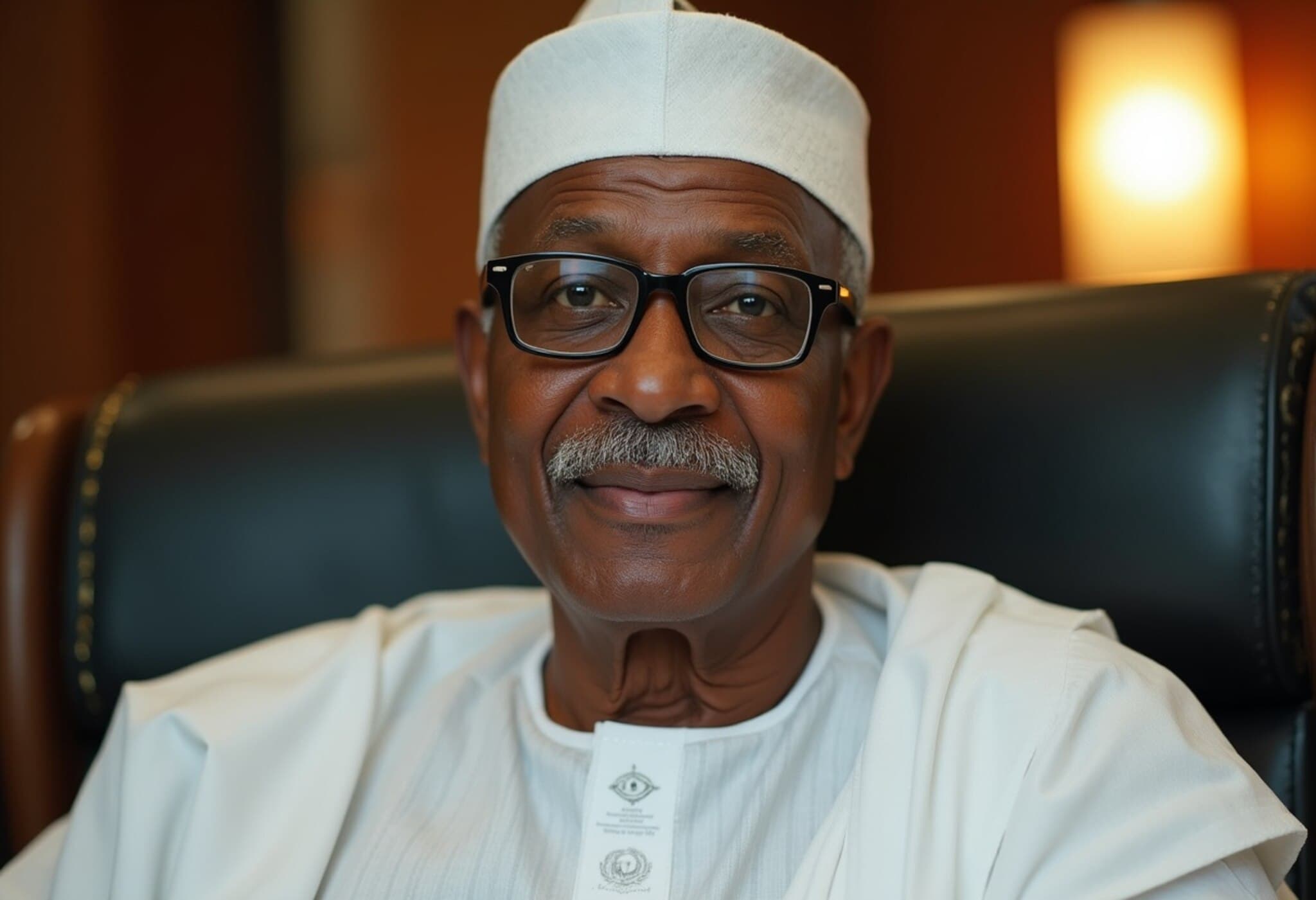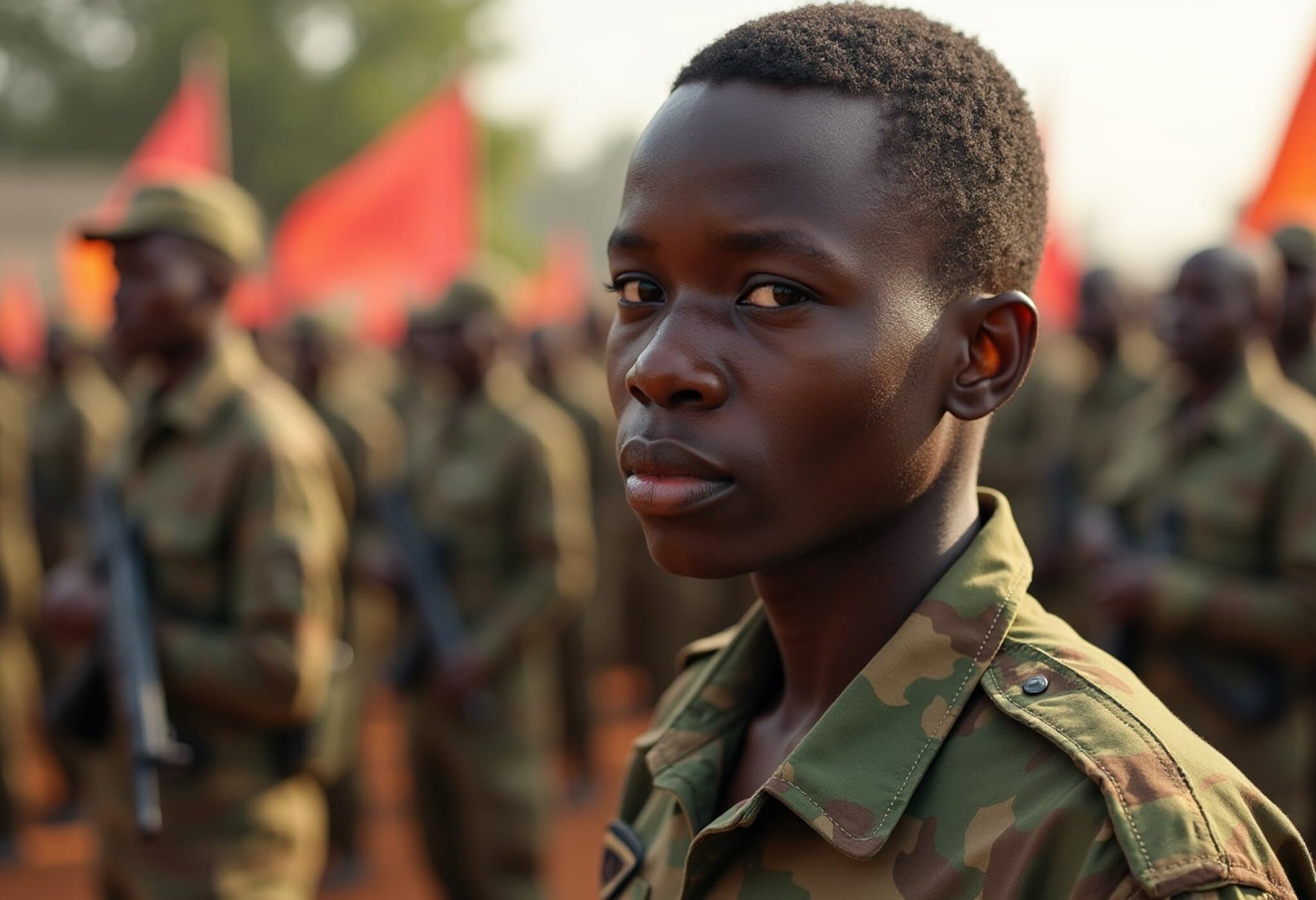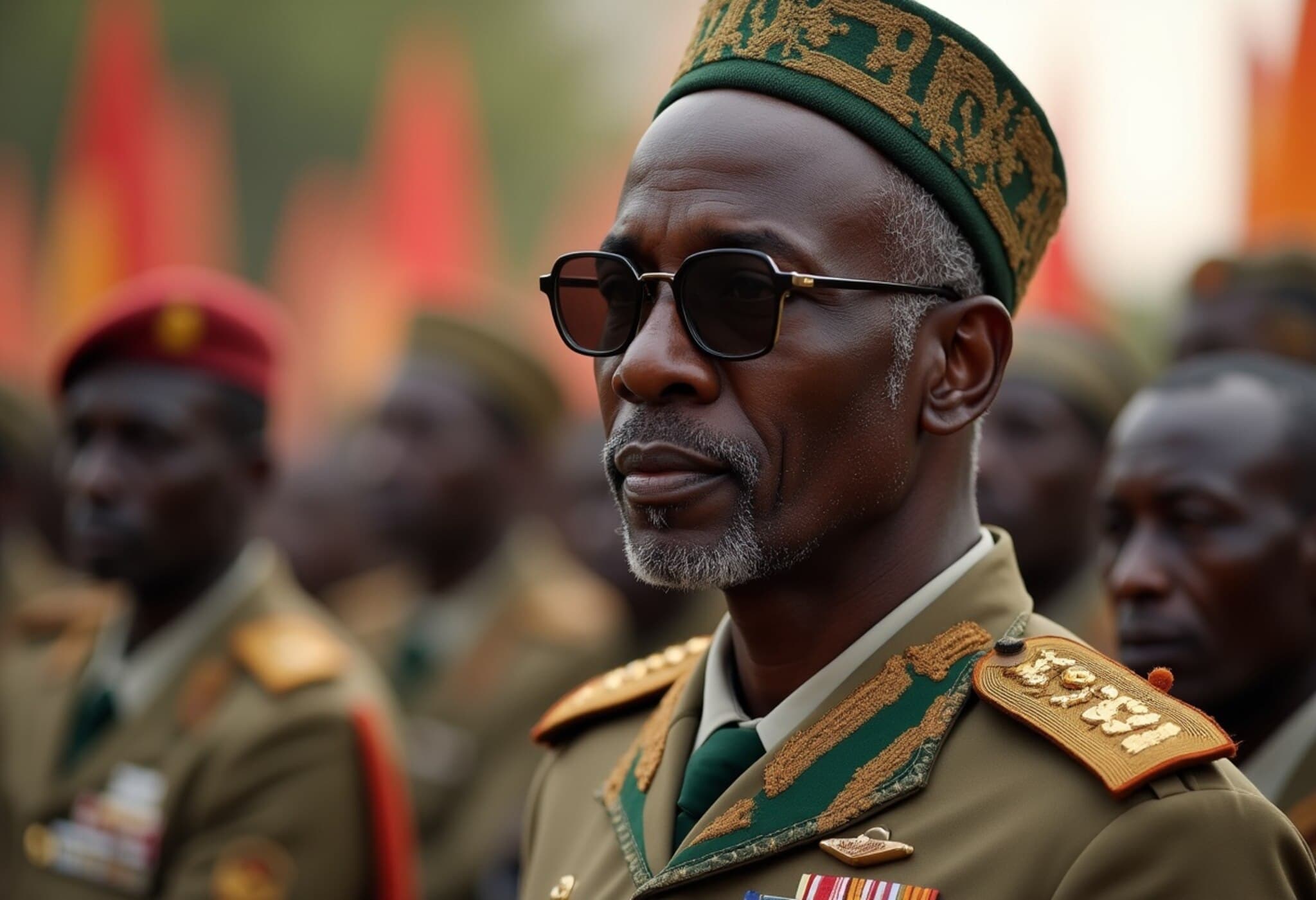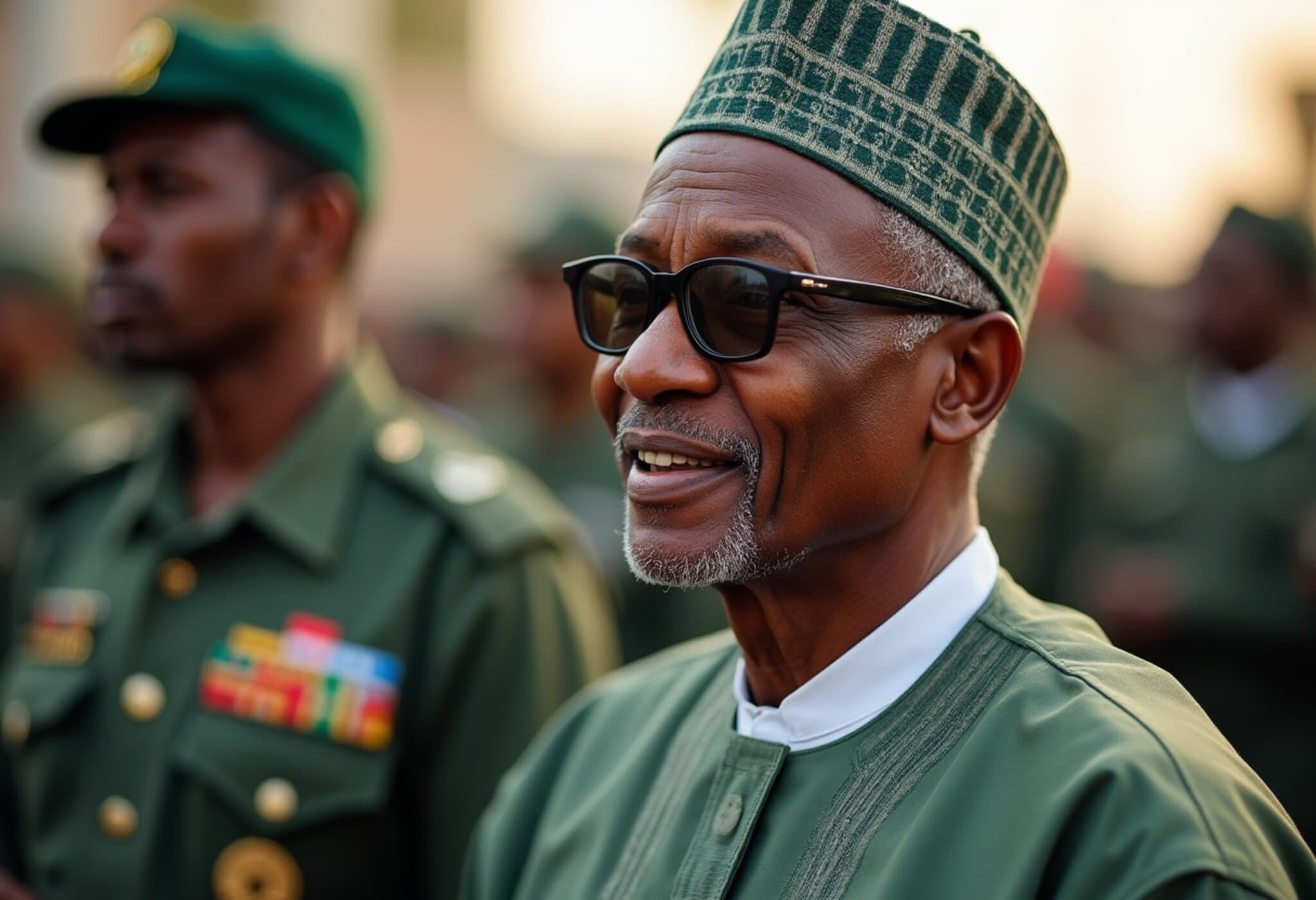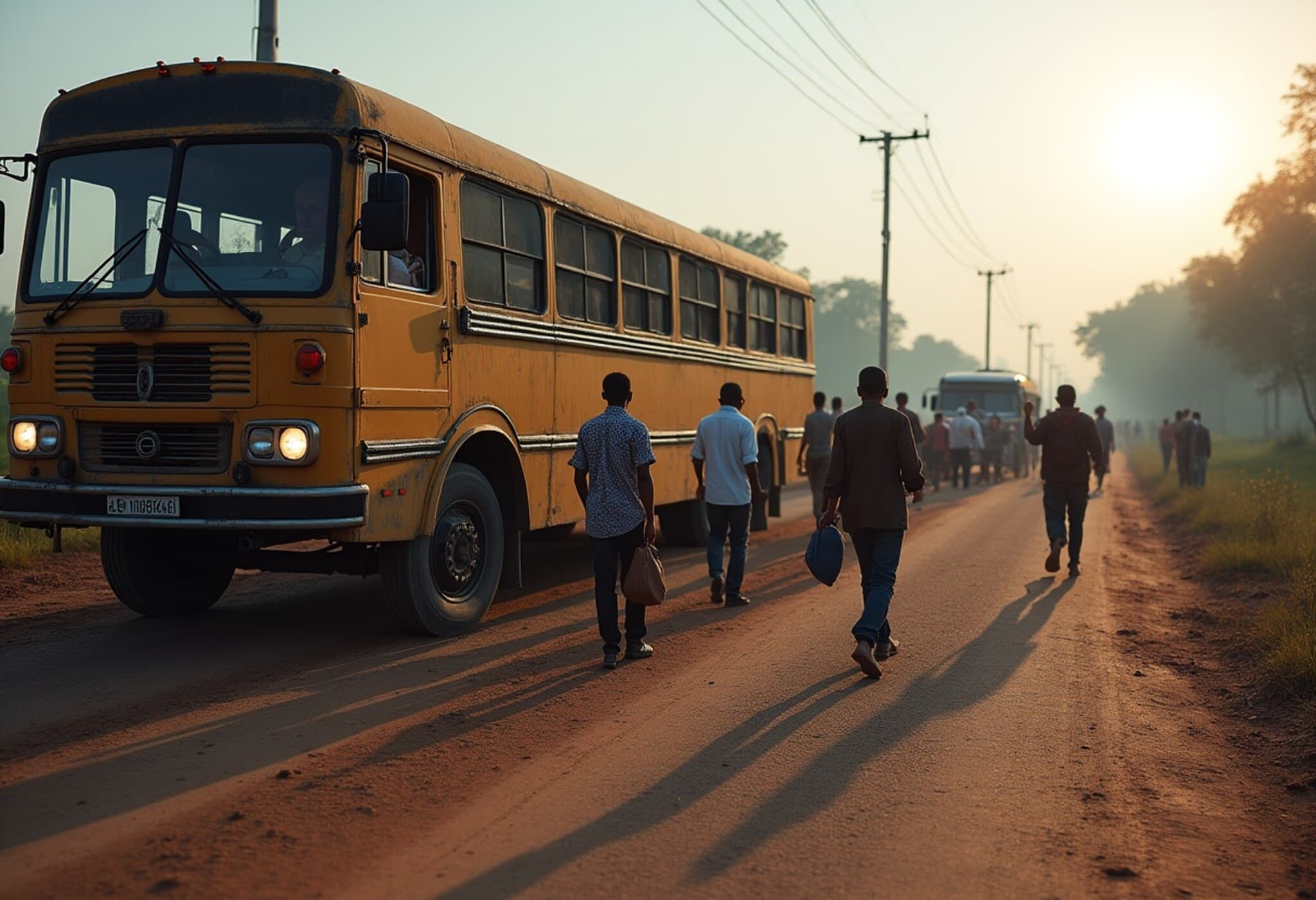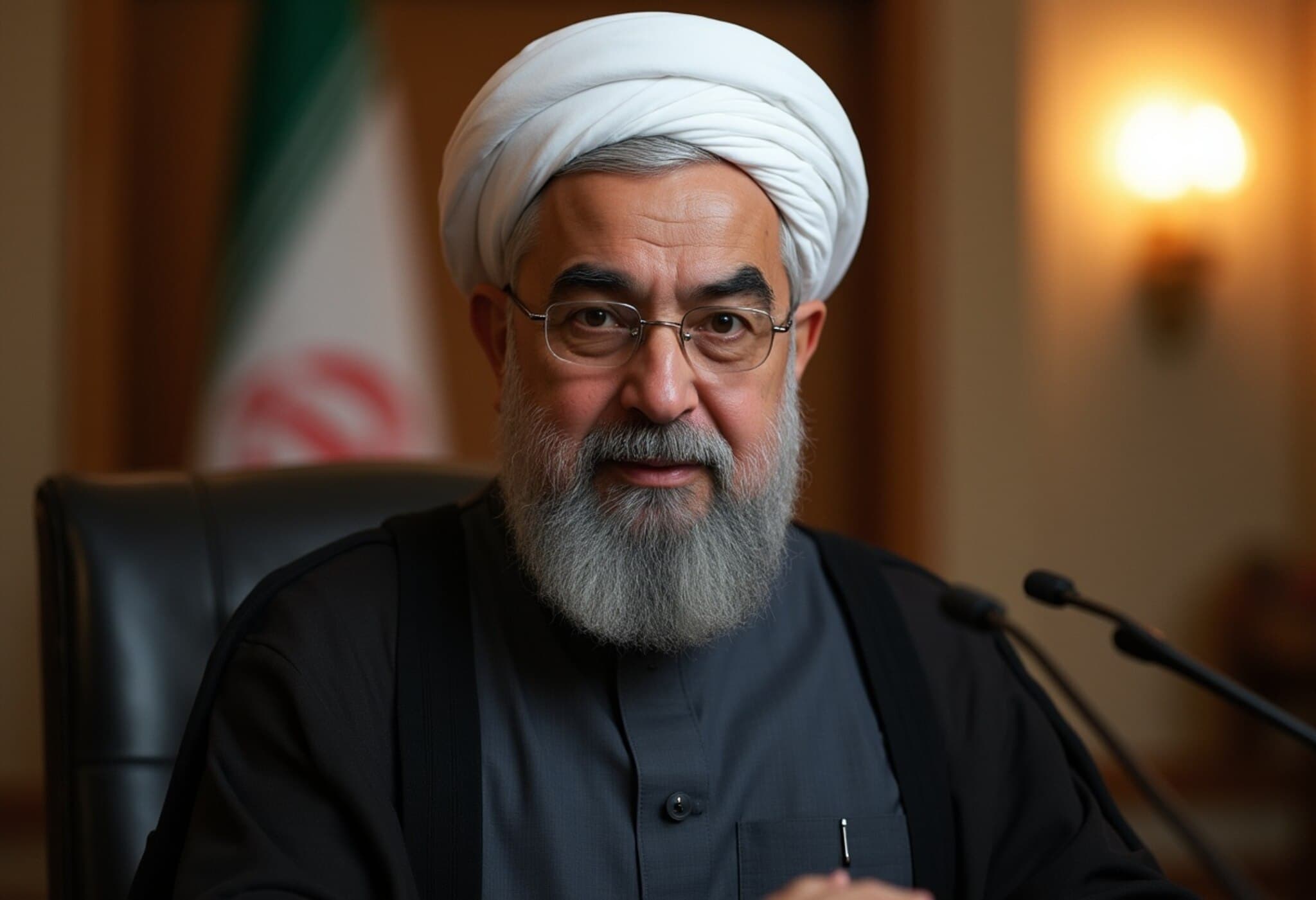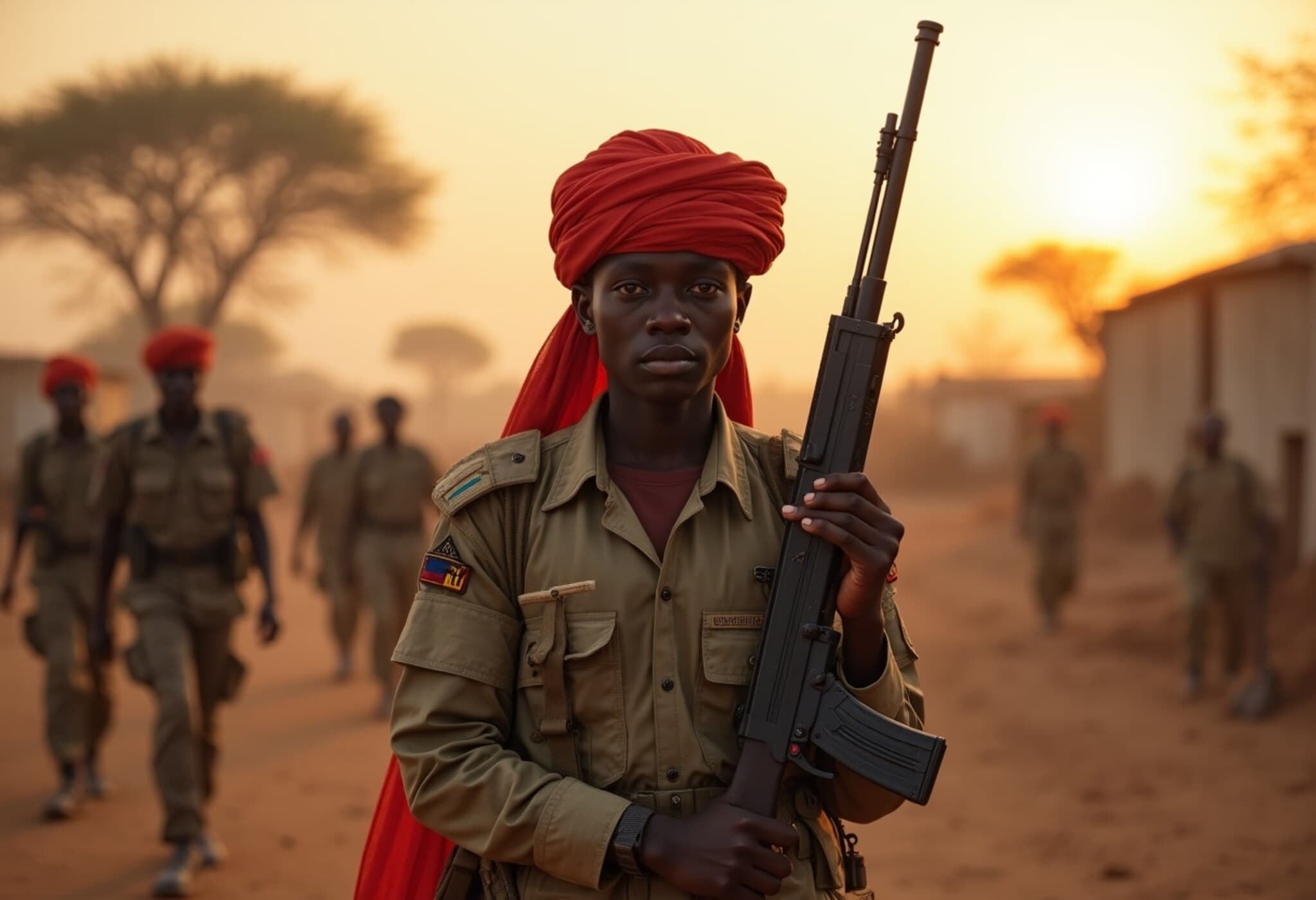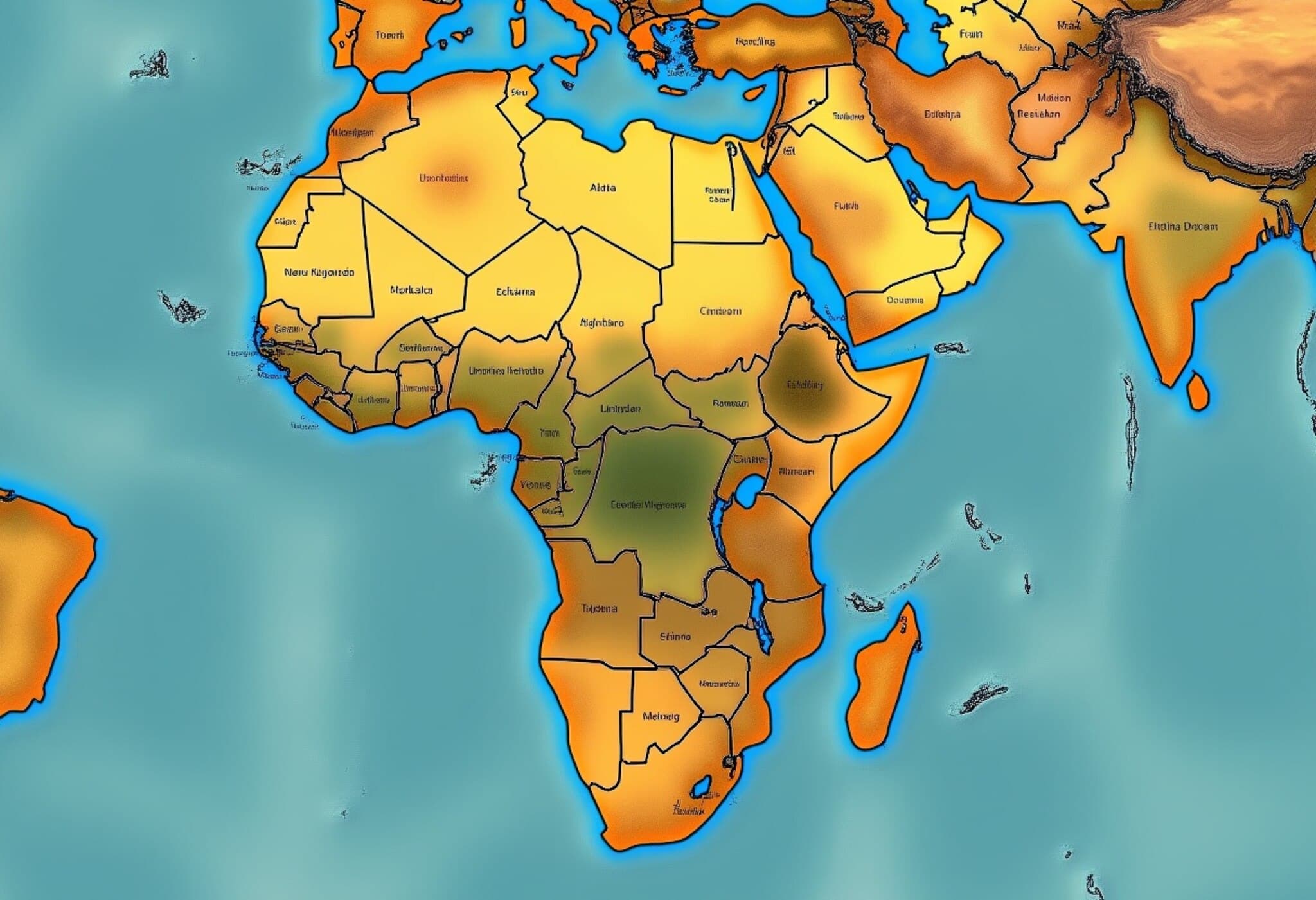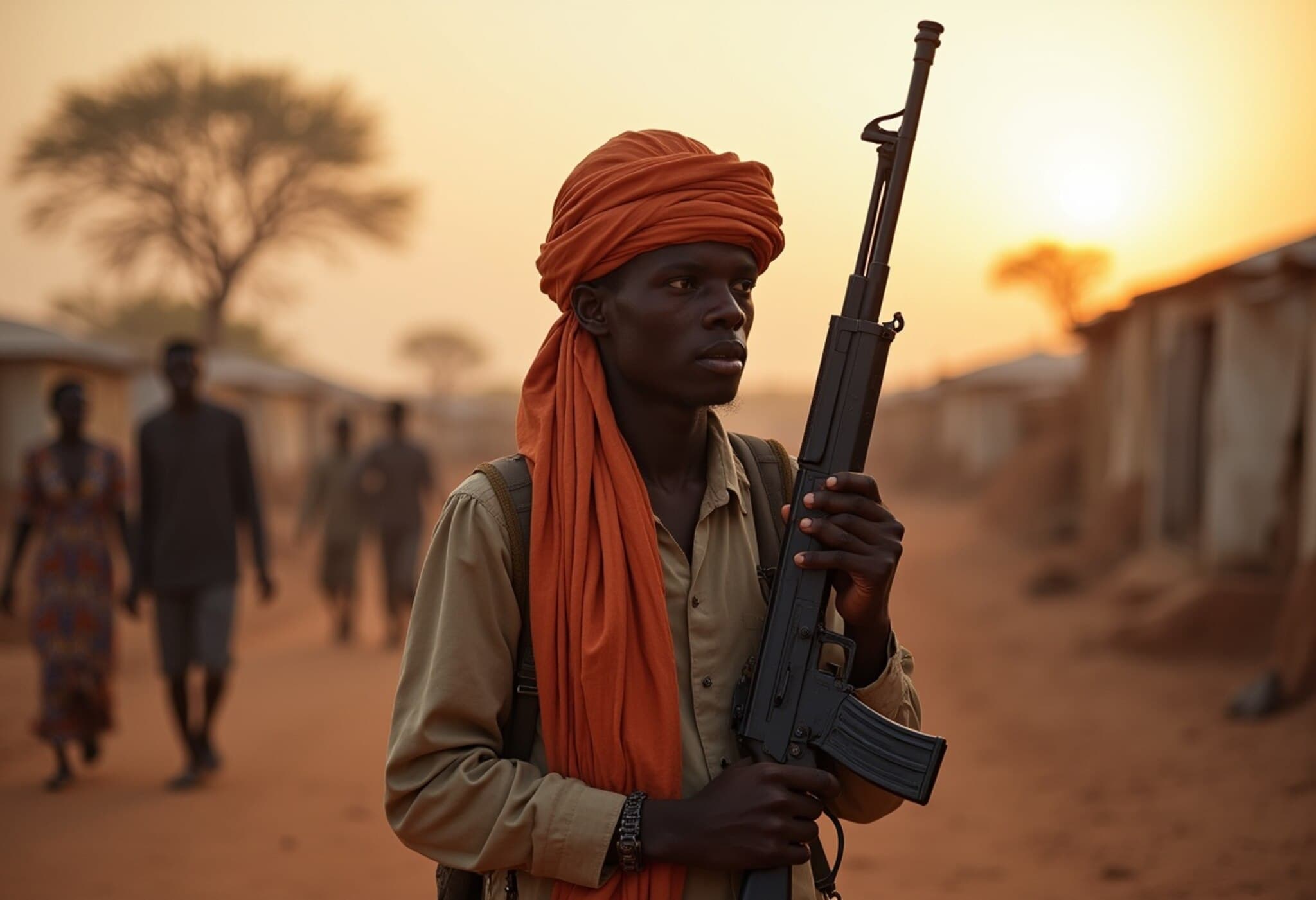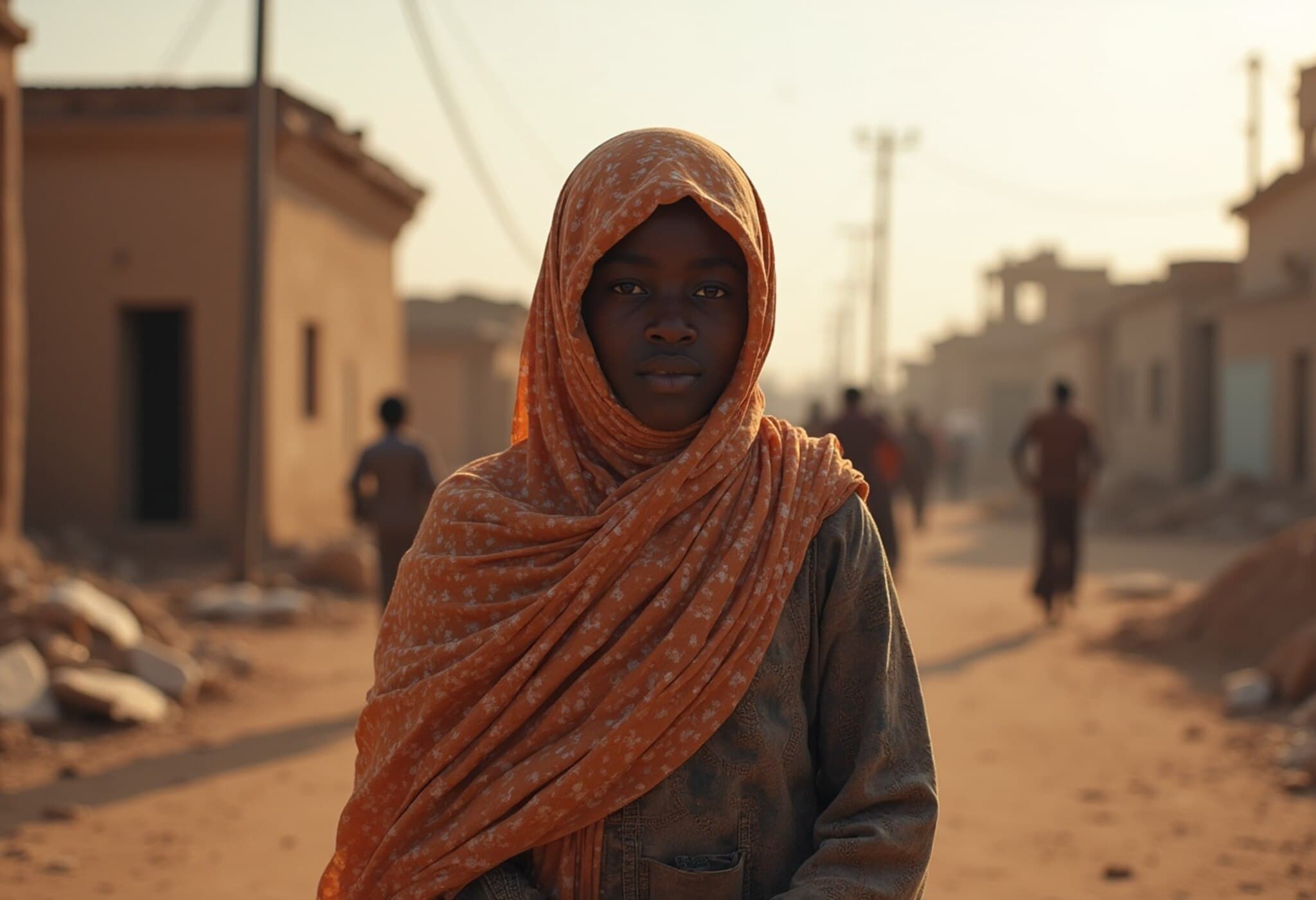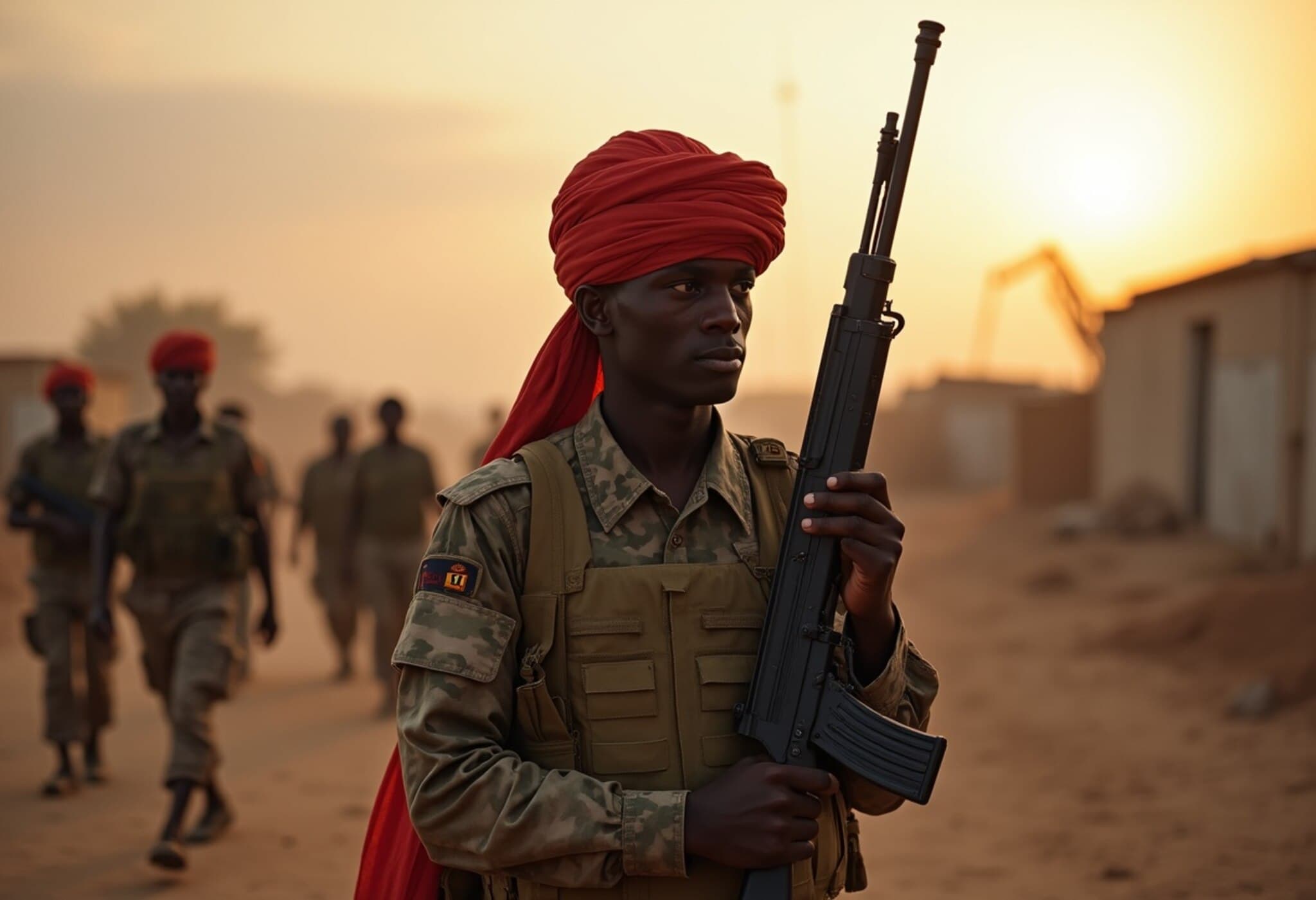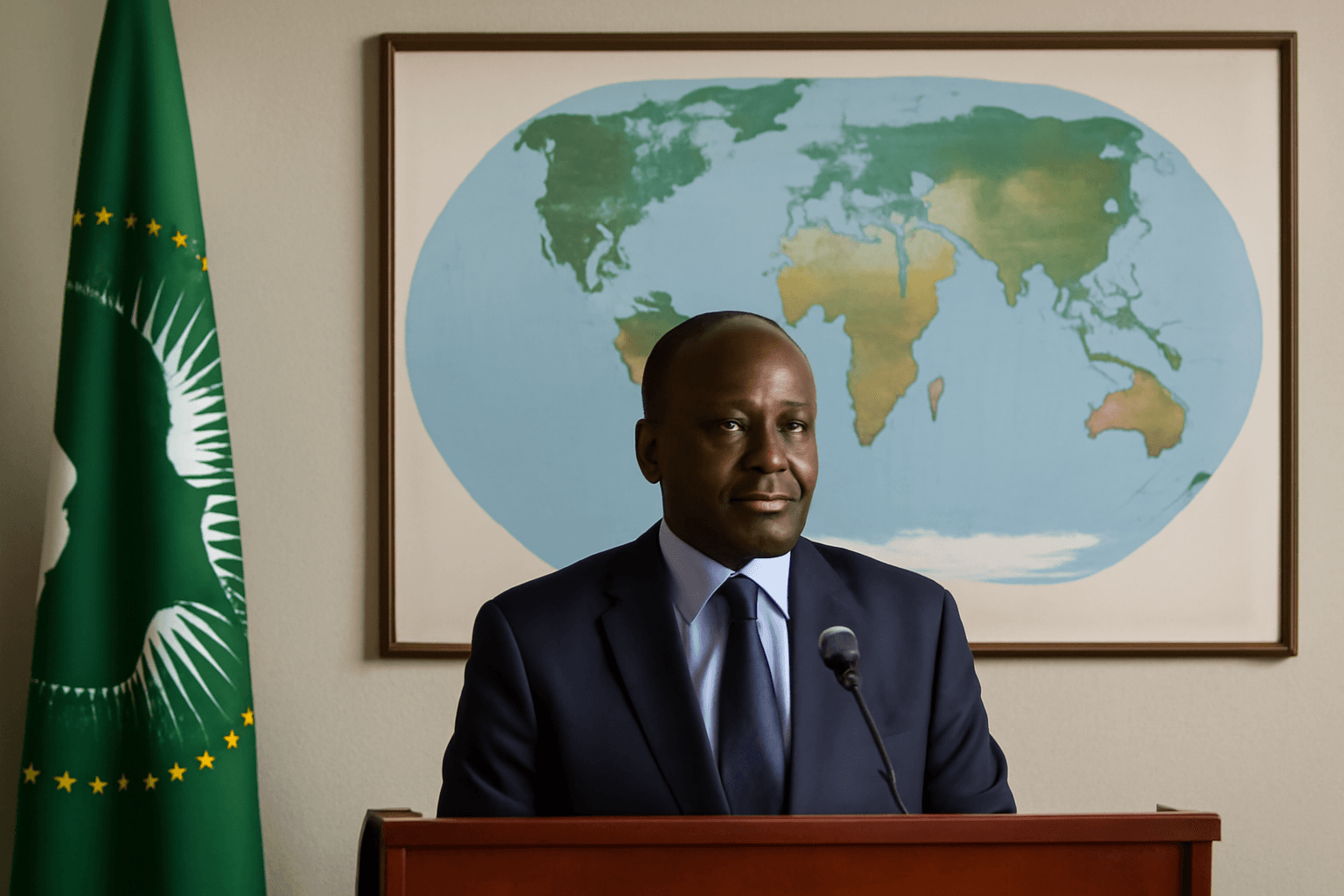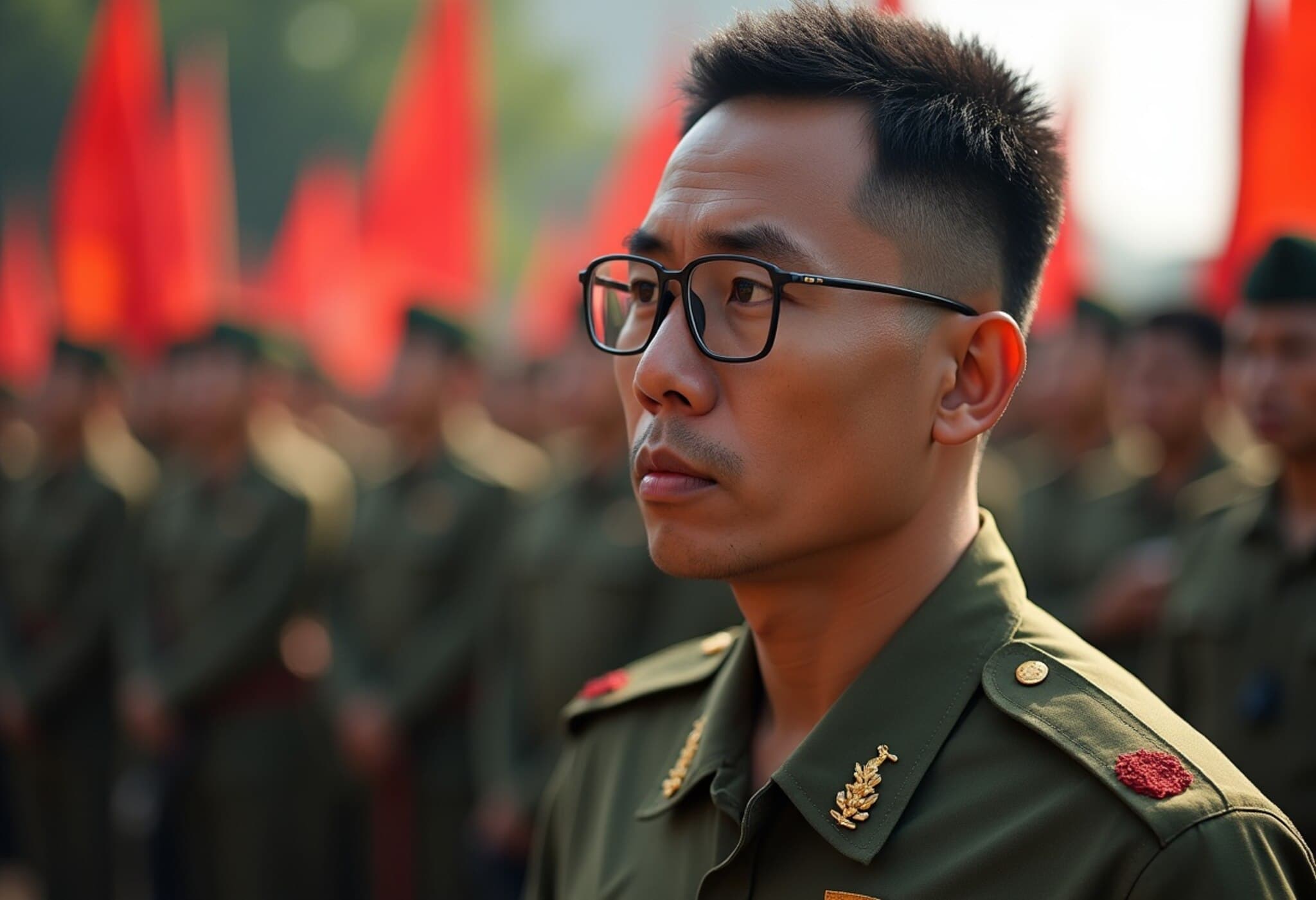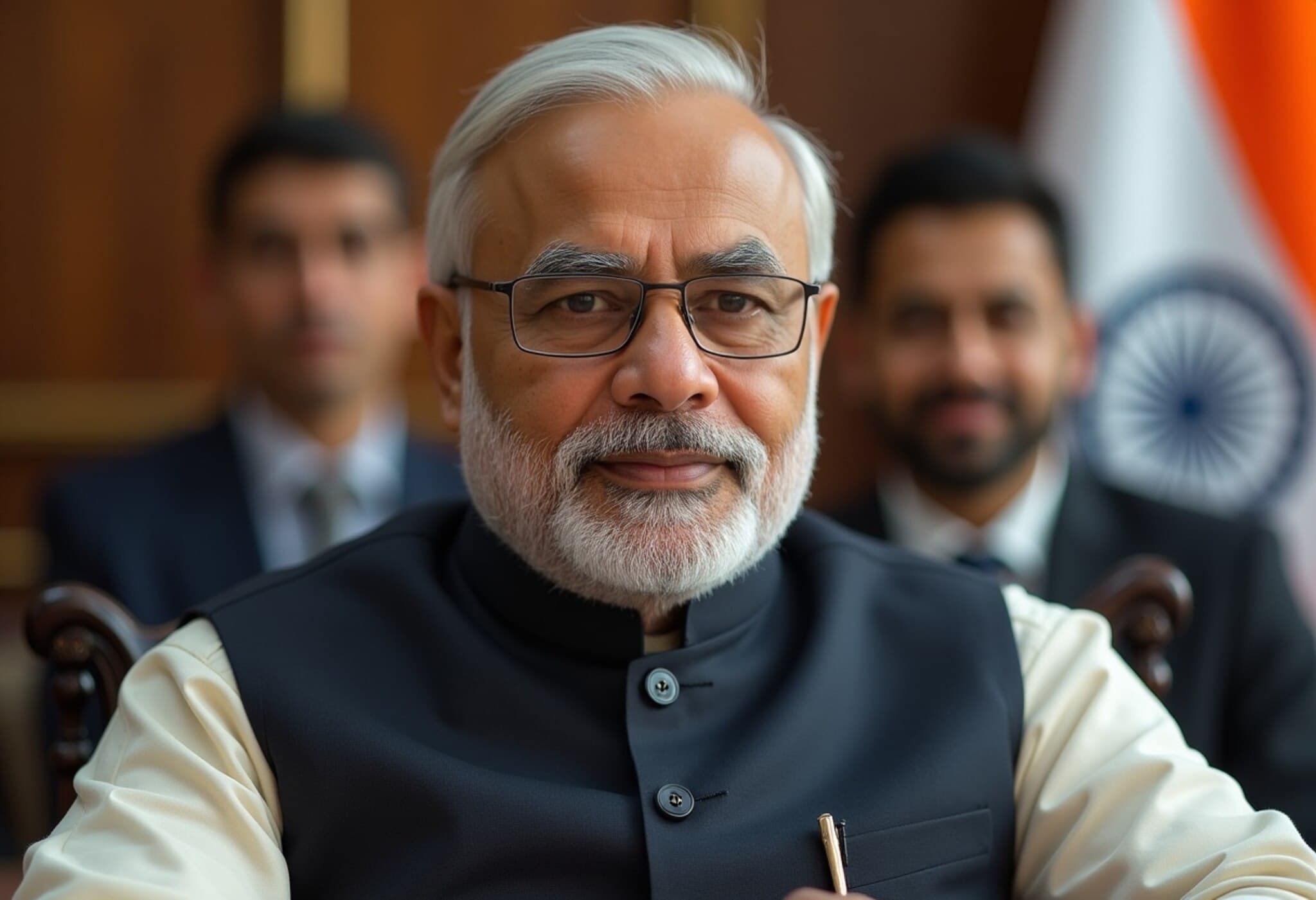African Union Denounces Sudan’s Breakaway Regime as Threat to Peace
In a resolute statement on Wednesday, the African Union (AU) unequivocally rejected the legitimacy of a newly proclaimed parallel government in Sudan. The AU warned that recognizing this rival administration, allegedly formed by the paramilitary Rapid Support Forces (RSF) and its allies, would jeopardize fragile peace efforts and endanger Sudan’s sovereignty and unity.
Background: A Fractured Nation Grappling with Conflict
Sudan has been engulfed in violent clashes since April 2023 when hostilities erupted between the Sudanese national army and the RSF, a powerful paramilitary faction with roots in the notorious Janjaweed militias. This brutal conflict has plunged the country into a dire humanitarian crisis, resulting in massive displacements and the collapse of governance across multiple regions.
The breakaway regime was announced last Saturday by RSF-aligned forces in Western Sudan, particularly targeting the embattled Darfur region—a historic flashpoint of ethnic violence and suffering. The AU’s Peace and Security Council warned explicitly that recognizing this so-called parallel government could have "serious consequences on the peace efforts and the existential future of the country."
The Contours of the Rival Government
The RSF-led Tasis Alliance appointed General Mohamed Hamdan Dagalo, the deputy head of Sudan’s existing sovereign council and commander of the RSF, as head of this new administration’s sovereign council. This 15-member council claims to serve as Sudan’s head of state under this self-styled government.
The RSF’s history casts a dark shadow over this declaration. Emerging from the Janjaweed militias—accused of egregious war crimes including mass killings, systematic rape, and ethnic cleansing during the Darfur genocide—the RSF continues to face international condemnation. The United States, under the Biden administration, has imposed sanctions on Dagalo explicitly citing allegations of genocide and crimes against humanity. The RSF has denied these accusations.
AU’s Call for Dialogue and Stability
Amid these developments, the AU reaffirmed its steadfast commitment to Sudan’s integrity and sovereignty. It urged all parties within Sudan and the international community at large to reject unilateral moves that deepen divides. Instead, the AU emphasized the urgent need for meaningful dialogue to restore peace and rebuild governance structures.
Regional experts warn that the emergence of a rival government not only threatens to fracture Sudan further but also risks destabilizing the wider Horn of Africa region. The ongoing violence has already displaced millions internally and beyond Sudan’s borders, fueling famine and exacerbating humanitarian needs.
Human Toll and International Implications
- Humanitarian crisis: More than half of Sudan’s population faces hunger and acute food insecurity.
- Global response: Sanctions and diplomatic efforts aim to curb RSF’s influence but complex local dynamics challenge these strategies.
- Security concerns: Renewed conflict threatens to spill into neighboring countries, complicating regional stability.
This situation underscores the critical need for durable peacebuilding mechanisms in Sudan, rooted in inclusive dialogue and international support that prioritizes civilian protection and reconciliation.
Editor’s Note
The African Union’s rejection of Sudan’s rival regime highlights the fragile state of peace in one of Africa’s most geopolitically significant countries. As competing factions vie for control, the international community faces a crucial question: how to balance pressure on armed groups with support for governance restoration? Observers and policymakers must watch closely how this evolving crisis impacts regional security and humanitarian outcomes—especially the lives of millions caught in the crossfire.

